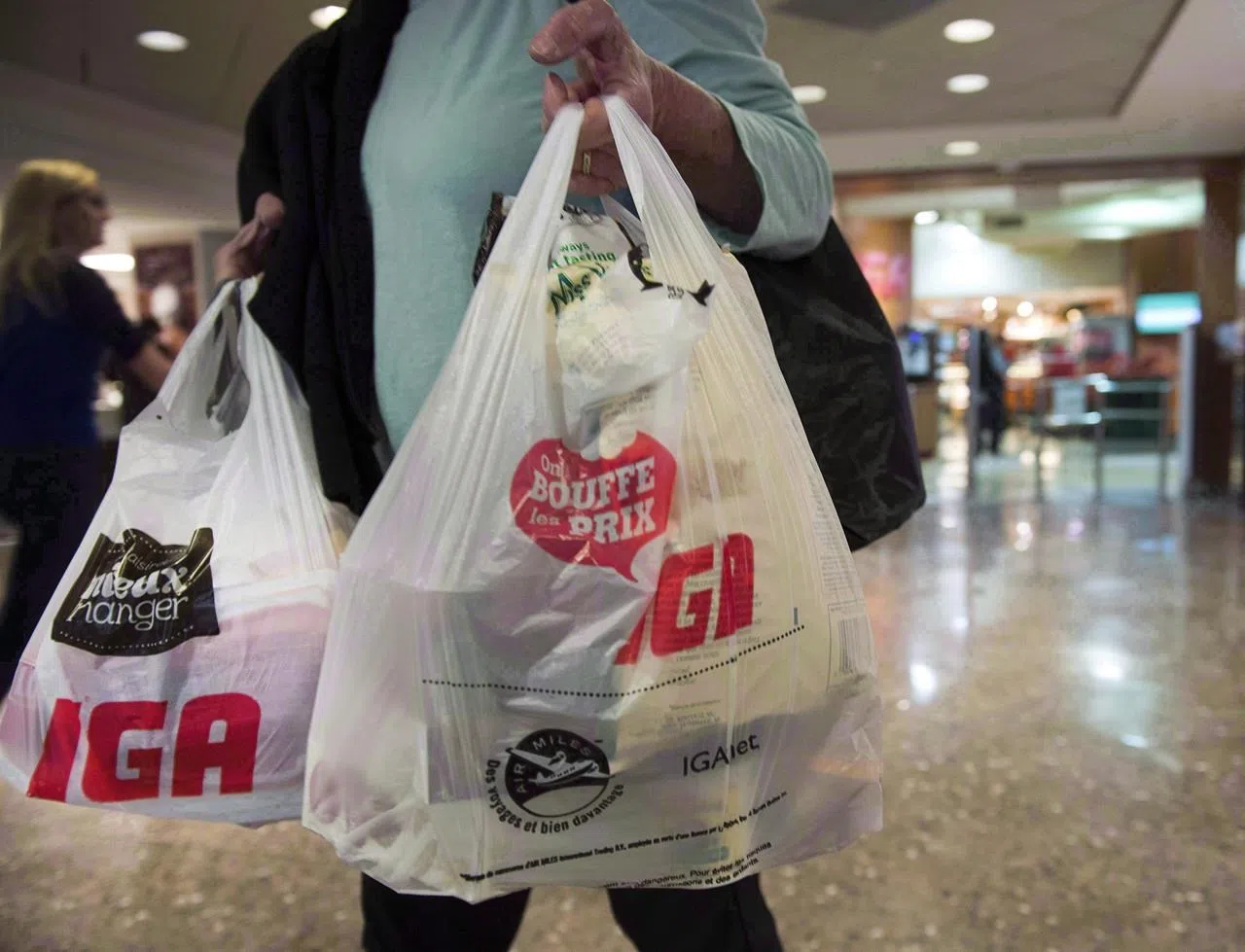
Victoria ban on single-use plastic shopping bags to begin in July
Victoria is the latest Canadian city to move ahead with a ban on single-use plastic shopping bags.
Councillors have given third reading to a bylaw that would fine businesses $100 if they sold or provided plastic bags.
Adoption of the bylaw is expected in early January and, if approved, it’s to effect in July, with enforcement beginning in 2019.
Businesses would be required to ask customers if they need a bag, and charge 15 cents for a paper bag, or $2 for a reusable one.


